-
Mapping the Politics of Saudi Arabia’s Sports Investments
Saudi Arabia continues to make news with its investments in sports with the Saudi Pro League football clubs recently privatised, LIV Golf agreeing to a merger with the PGA and DP Tours, and a host of player transfers to the country’s top football clubs. Many observers have been shocked by the pace, reach, and unexpected…
/
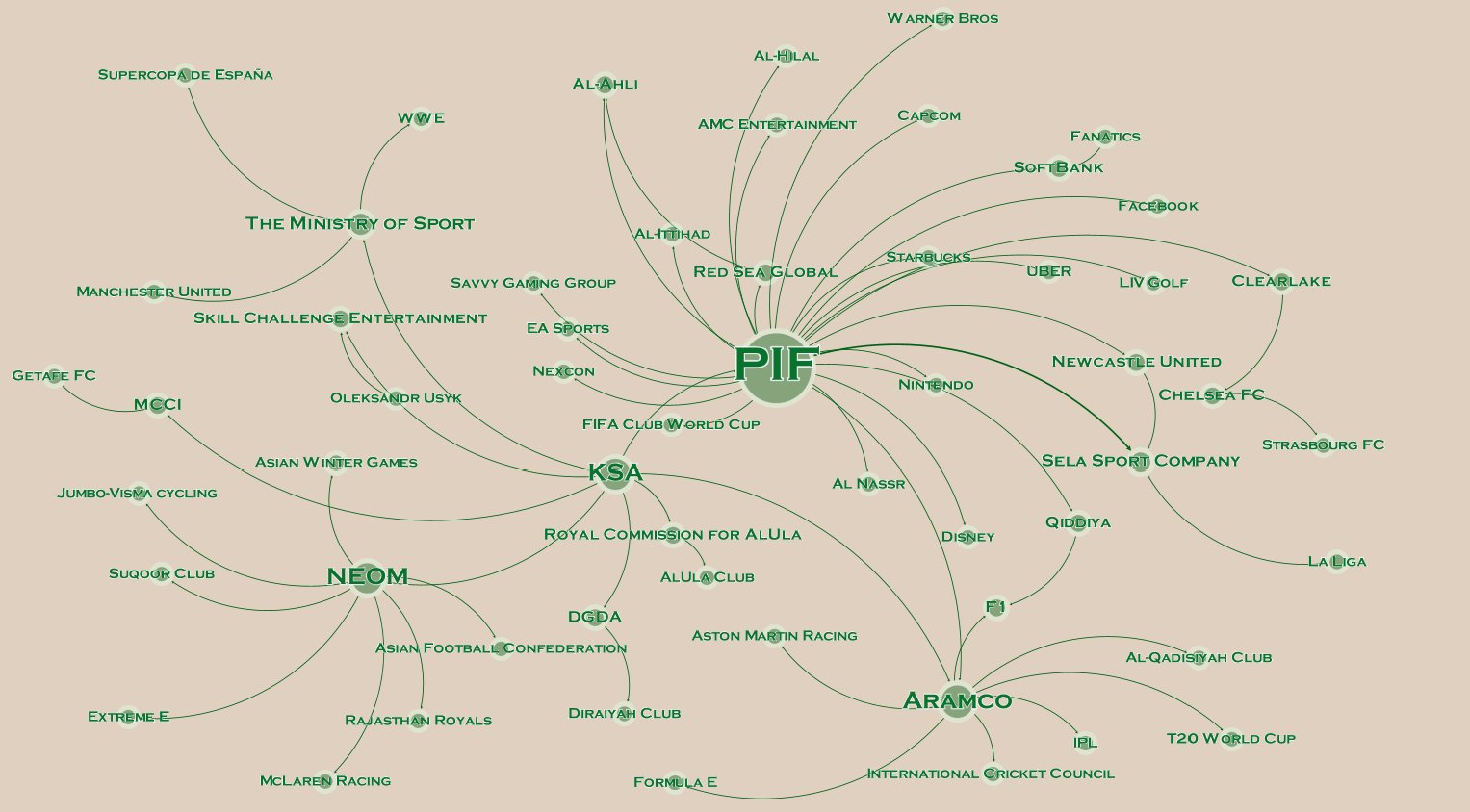
-
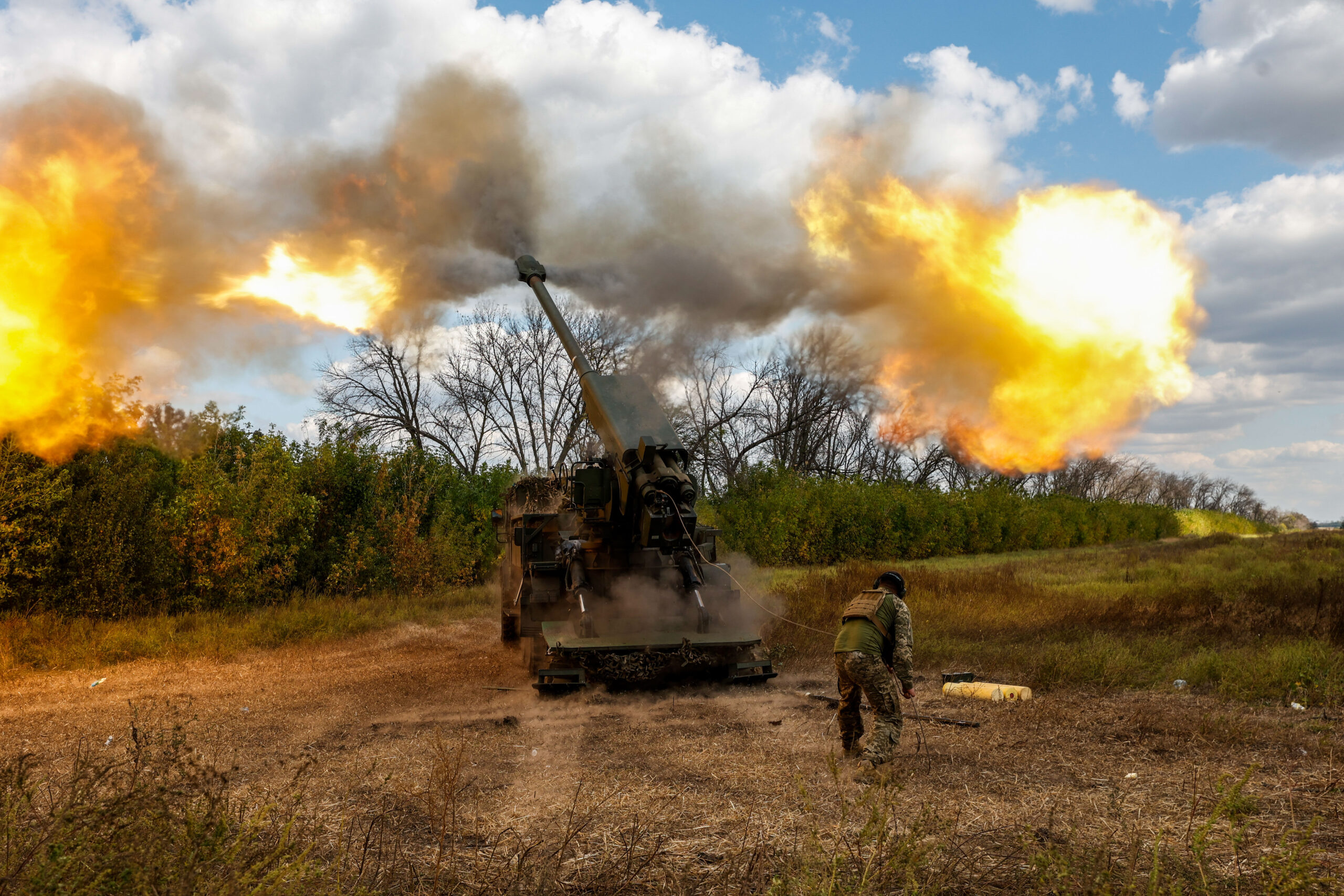
Central Asia and the Conflict in Ukraine: Russia-Friendly Neutrality
Since the onset of the war in Ukraine in February 2022, the Central Asian countries of Kazakhstan, Kyrgyzstan, Tajikistan, Turkmenistan and Uzbekistan have adopted a neutral stance towards the conflict. Their leaders have carefully avoided passing value judgement on the war which Dushanbe, for one, still calls “an incident that occurred between the two states” …
/
-
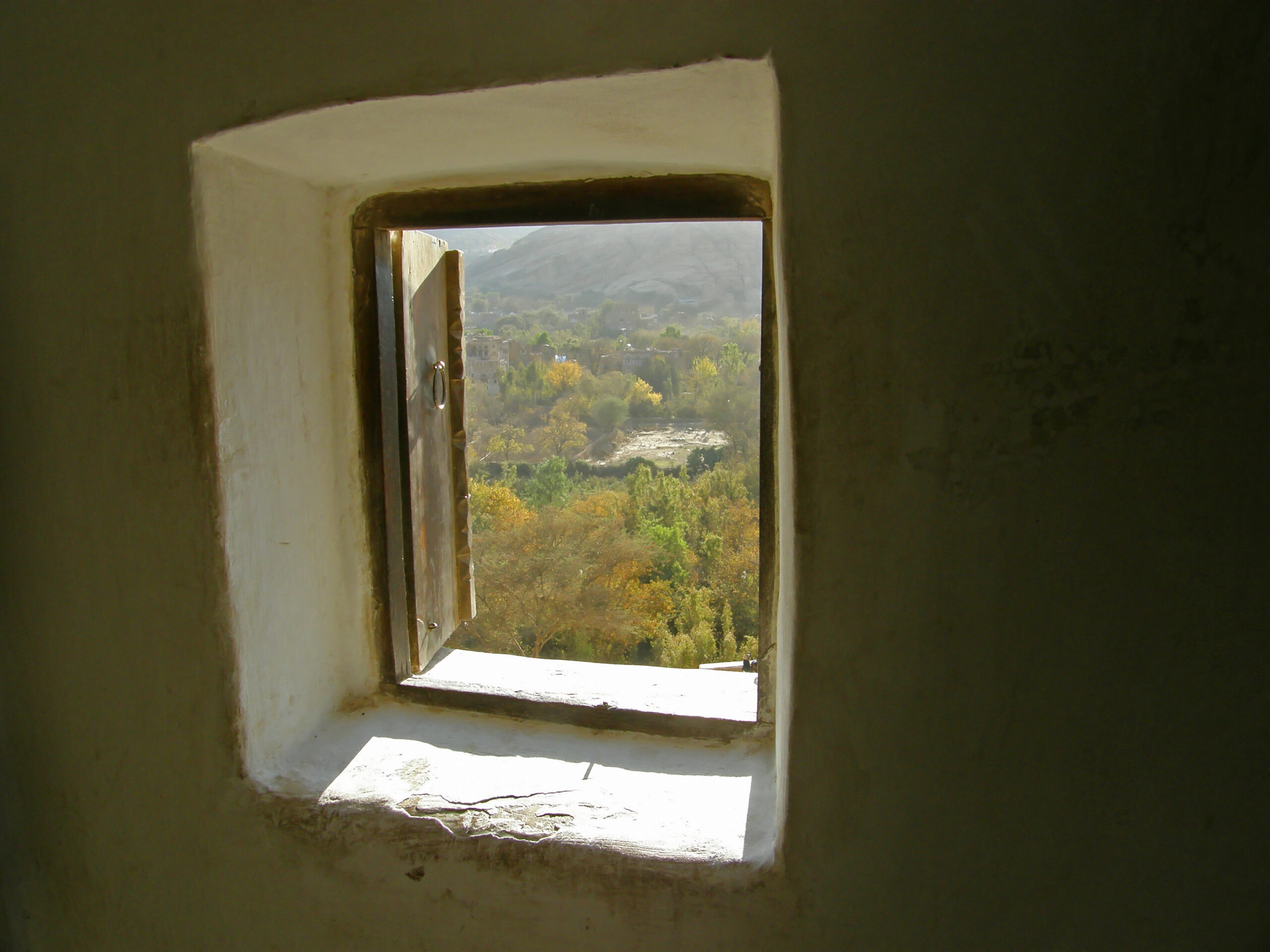
Political fragmentation and slow diplomacy: Yemen’s long road to peace?
In April this year, the Omani-mediated peace talks between Yemen’s Iran-backed Houthis and Saudi Arabia marked a hopeful move towards finally ending the proxy war in Yemen. This was an expected step following the Iranian-Saudi détente brokered by China a month earlier. Since then, officials from both sides have met for several rounds of talks,…
/
-
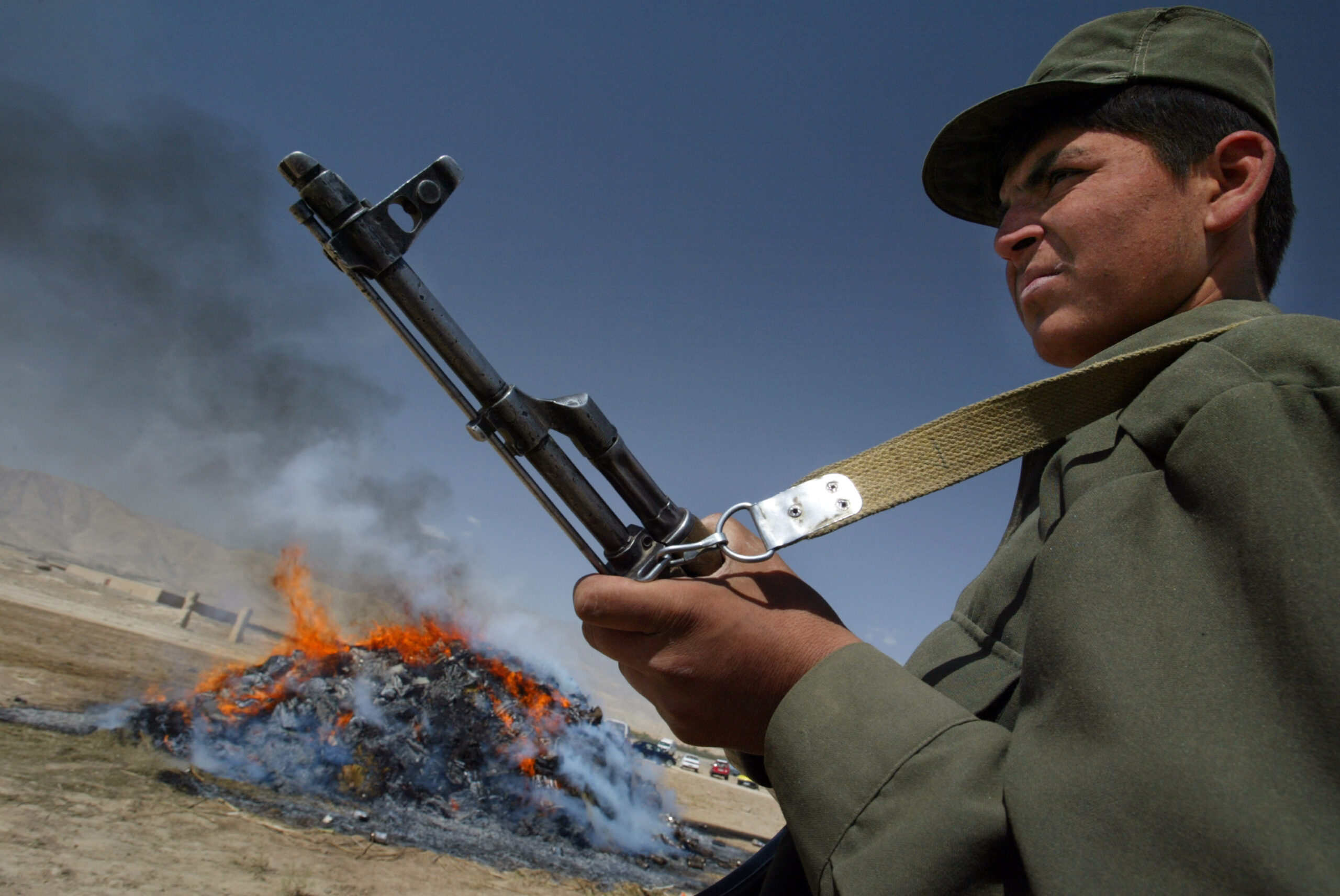
Taliban’s Water Claims Ignite Tensions with Neighbours
When the Taliban returned to power in Afghanistan in August 2021, it raised concerns in neighbouring countries about their own security. The governments in most of the Central Asian countries, and in Iran were hostile toward the Taliban when the militant group ruled Afghanistan in the late 1990s. There are now other Islamic extremist groups…
/
-
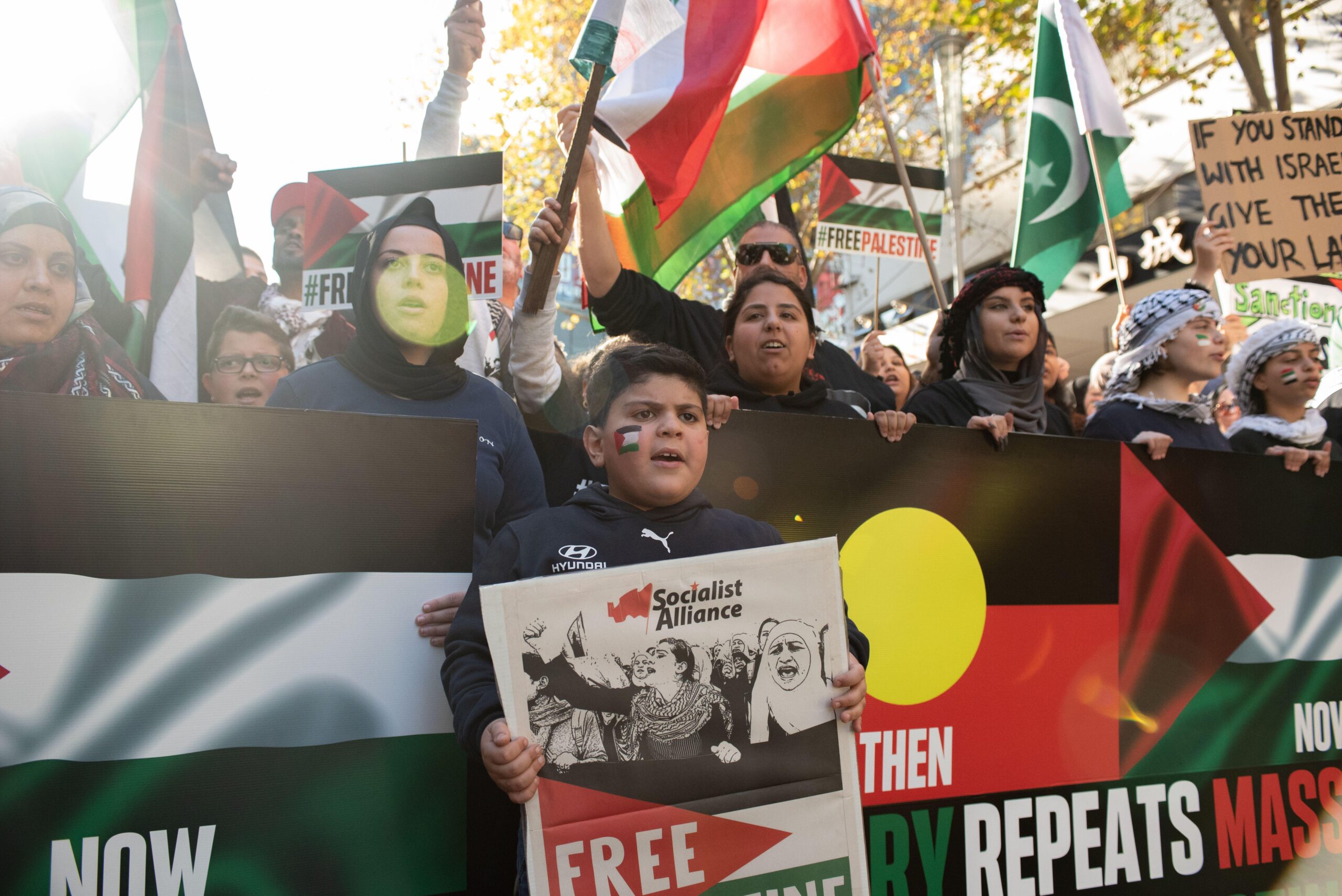
Indigenous – Palestinian solidarity networks challenging settler colonialism in Australia
Increasingly networks are forming between Indigenous and Palestinian groups through a shared experience of colonisation. In recent years, there has been a shift at the grassroots level in Australia in support of the Palestinian cause. Solidarity networks between the Palestinian diaspora and Indigenous communities are growing wider and deeper. This has charted a new course…
/
-
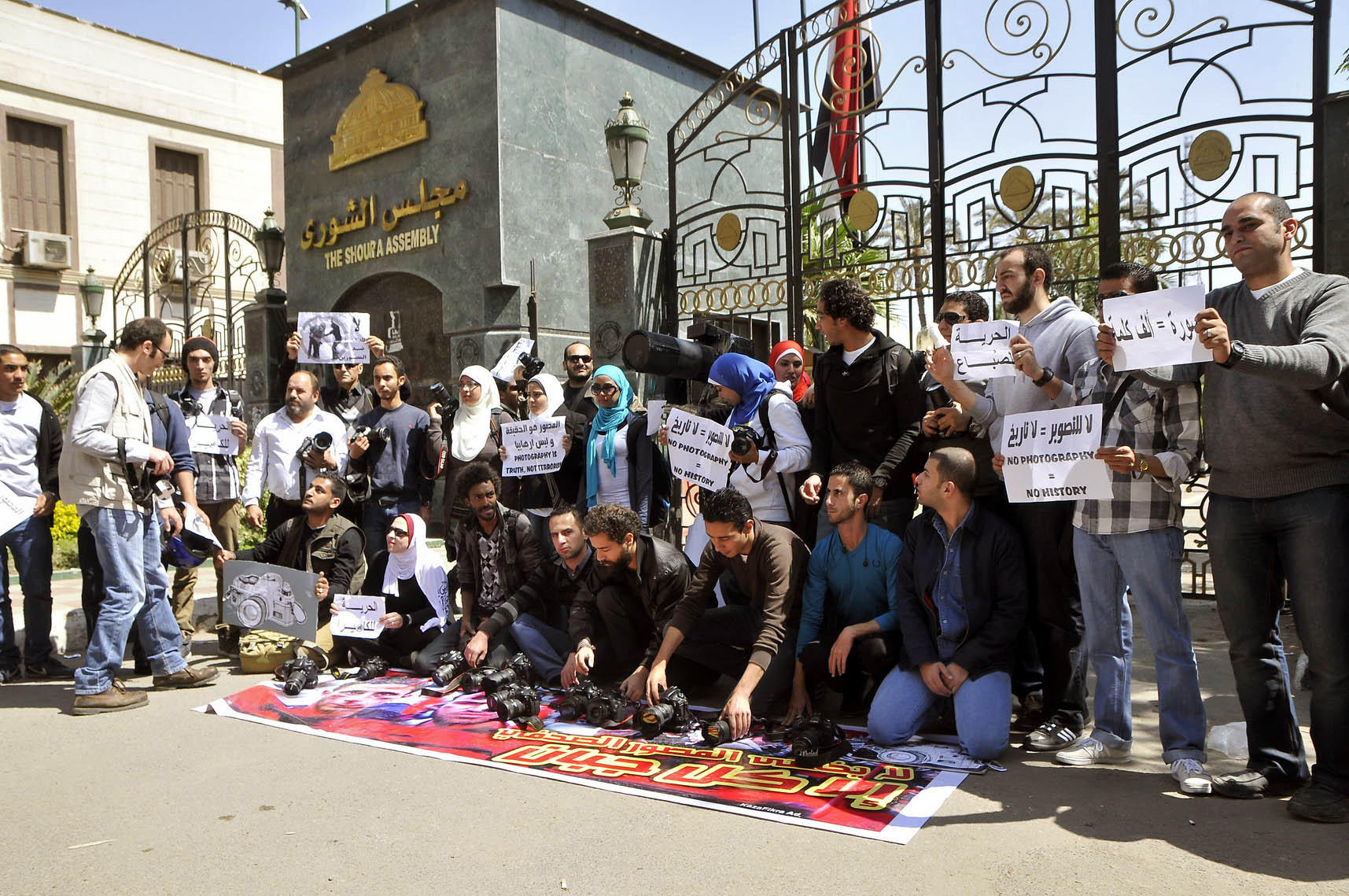
Egypt COP 27: Projecting freedom and openness against a record of repression
In November, Egypt’s Red Sea resort town of Sharm el Sheikh will be hosting the 27th annual Climate Change Conference of the Parties. When it does, if the glossy promotional material is any indication, it will do its best to appear open, free and progressive. But with an estimated 60-thousand political prisoners still behind bars,…
/
-
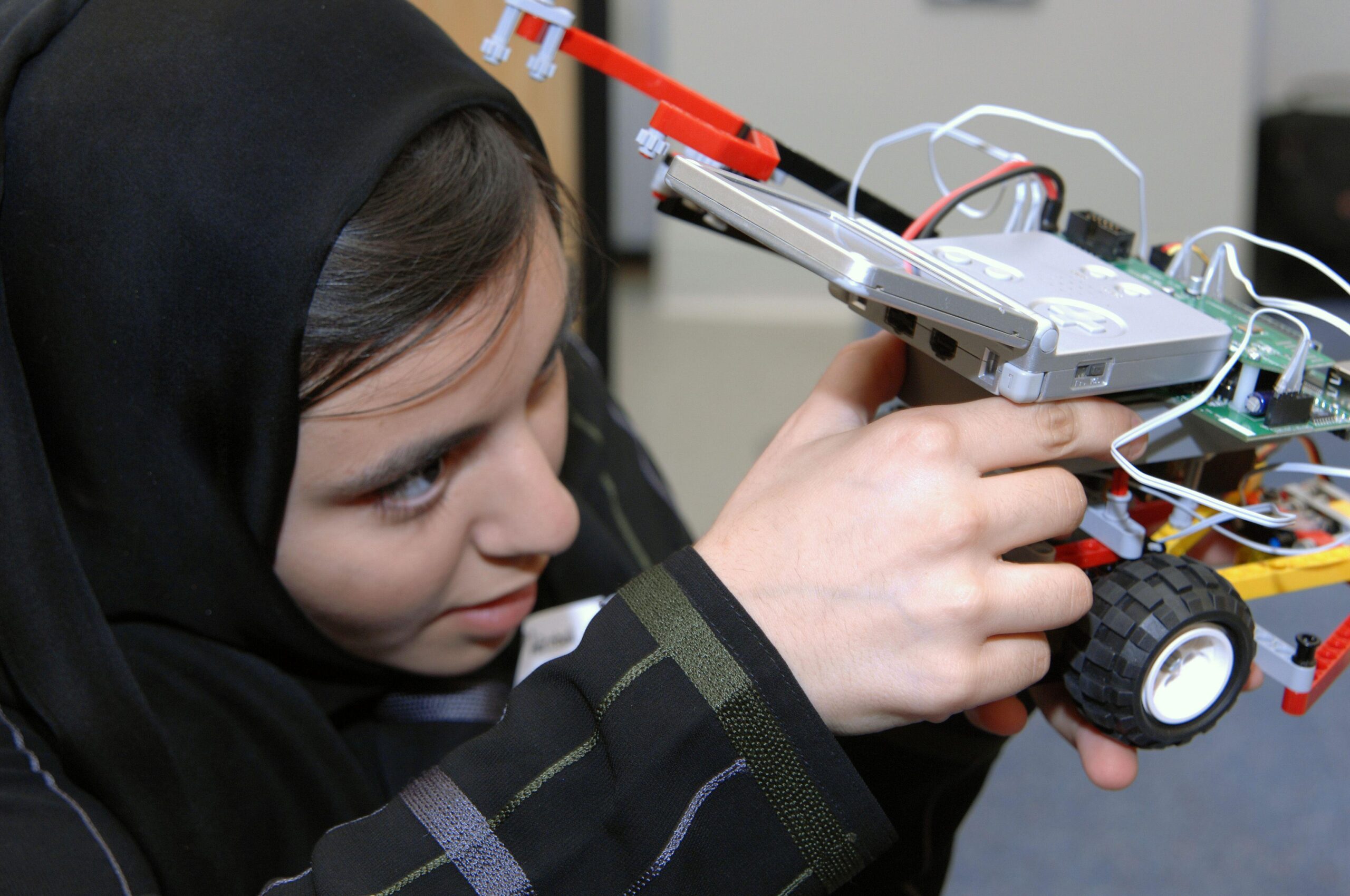
Artificial Labour Markets in the Gulf
Recent Al advancements have dominated news headlines as the world debates how to integrate artificial intelligence into our lives and workplaces. Within the Middle East, these debates are particularly prominent in the Arab Gulf where governments are committing huge investments to AI. According to Qatar’s National Strategy for Artificial Intelligence, an AI-augmented workplace – whereby…
/
-
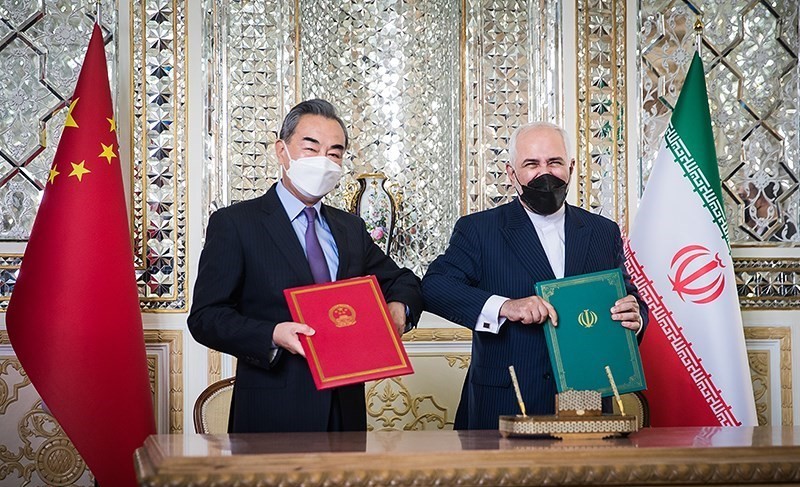
China’s Growing Role in Middle East Diplomacy: Navigating Regional Tensions
China has historically pursued a restrained and economically focused presence in the Middle East, steering clear of direct involvement in conflicts and refraining from taking positions on contentious disputes. In this, Beijing has largely benefited from the security provisions offered by the United States, thus evading the security expenses and strategic challenges encountered by Washington.…
/
-

Behind the Pitch: How the UEFA Champions League Final Reflects Sino-Arab Geopolitics
European club football’s season is set to culminate with the UEFA men’s Champions League final being staged in Istanbul, Manchester City of the English Premier League facing Italian Serie A team Internazionale of Milan in the competition’s deciding match. On-field, it should be an action-packed showcase for European football, off-field it is less likely to be the…
/
-

Saudi Arabia, China, Red Sea Geopolitics & The 2030 World Cup
In March 2021, a container ship – the Ever Given – ran aground in Egypt’s Suez Canal following stormy weather. This caused a significant obstruction to one of the world’s busiest trade routes, which lasted for almost a week. By the time the Ever Given was freed, there were more than three hundred and sixty…
/
-
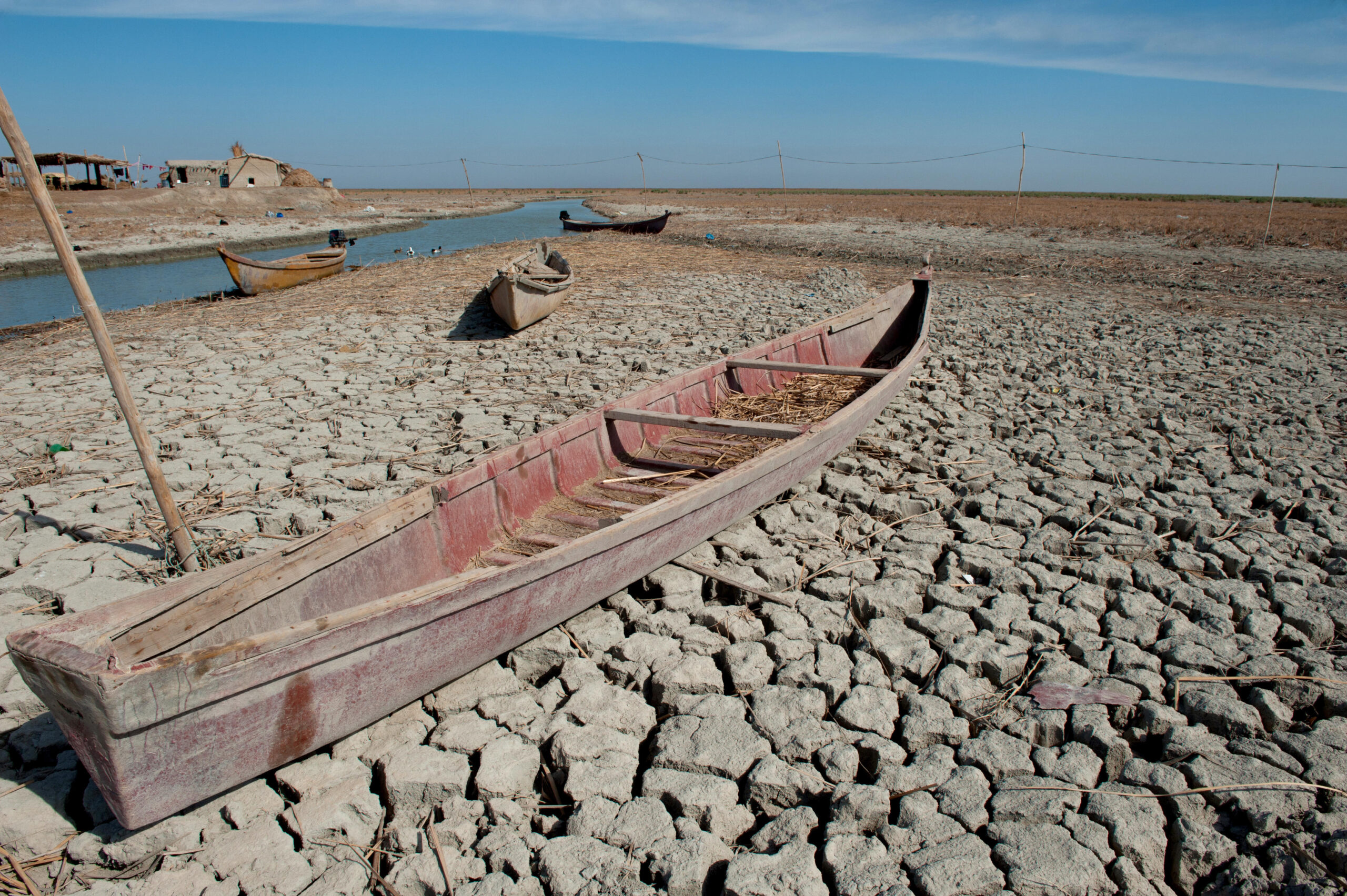
Returning to traditional solutions in the face of climate challenges
The Middle East region is facing major challenges related to climate change, and Iraq is no exception. Despite being a historically water-rich country, Iraq faces demands from multiple directions for this critical resource: population growth, the legacy of multiple wars, transboundary water (mis)management and a changing climate. An analysis of a commonly used drought index…
/



